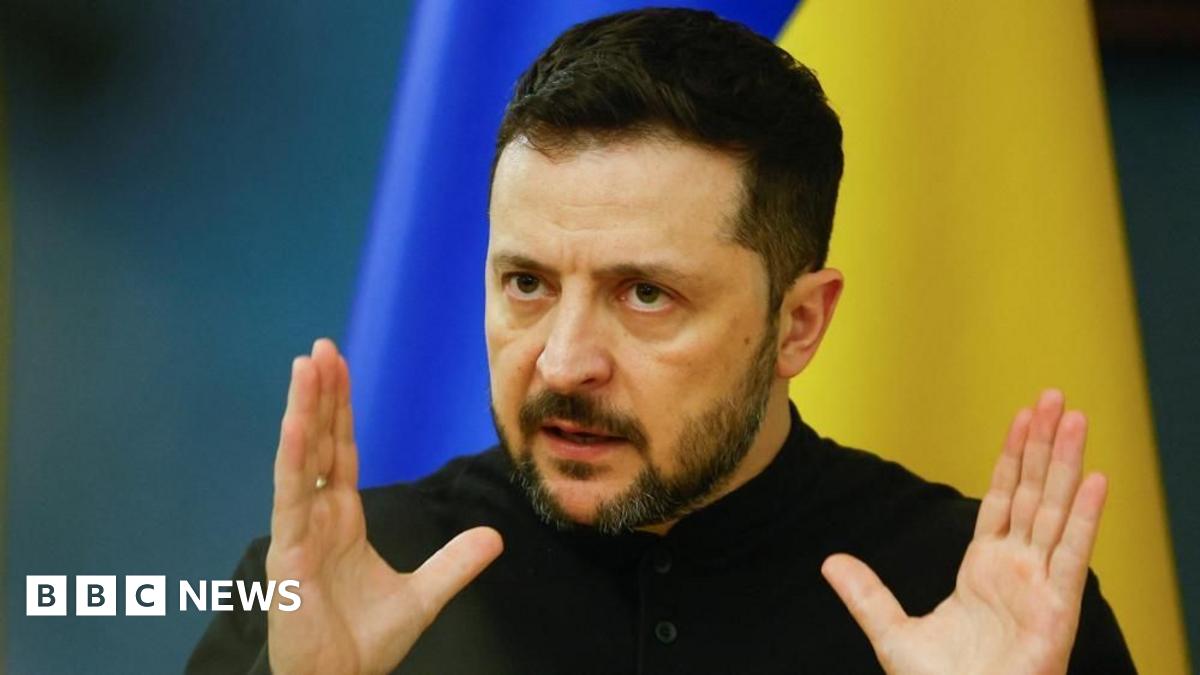Bowen: Europe Struggles to Replace US Security
Europe faces a growing challenge: filling the security vacuum left by a potentially less engaged United States. This isn't about a complete withdrawal, but a shift in priorities and resources, leaving European nations scrambling to adapt. The implications are far-reaching, impacting everything from defense spending to geopolitical alliances. This article examines the complexities of Europe's evolving security landscape and the uphill battle to achieve strategic autonomy.
The Shifting Sands of Transatlantic Relations
For decades, the US provided a security umbrella for Europe, a cornerstone of the post-World War II order. This arrangement, while not without its criticisms, provided stability and allowed European nations to prioritize economic development. However, the rise of China, Russia's aggression, and domestic pressures within the US are prompting a reassessment of this relationship. The Trump administration's questioning of NATO's value and subsequent shifts in US foreign policy have highlighted Europe's vulnerability.
While President Biden has reaffirmed the US commitment to NATO, the underlying anxieties remain. The US is increasingly focused on the Indo-Pacific region, diverting resources and attention away from Europe. This strategic shift leaves a void that Europe is struggling to fill.
The Challenges of European Strategic Autonomy
The concept of "strategic autonomy" – Europe's ability to independently defend its interests – is gaining traction. However, achieving this is proving far more difficult than envisioned. Several key challenges hinder progress:
-
Defense Spending: Many European nations fall short of the NATO target of 2% of GDP on defense spending. Increasing budgets requires political will and overcoming public resistance, particularly during times of economic uncertainty.
-
Military Capabilities: Even with increased funding, building a robust, integrated European defense force poses significant logistical and political hurdles. Different military standards, procurement processes, and national priorities complicate cooperation.
-
Geopolitical Divisions: Europe is far from a monolithic entity. Differing perspectives on Russia, China, and the role of the US continue to divide member states, hindering the development of a unified security strategy.
-
Technological Dependence: Europe's reliance on US technology for critical defense systems creates a vulnerability. Developing indigenous capabilities requires significant investment and expertise.
Potential Solutions and Pathways Forward
Europe needs a multi-pronged approach to address this challenge:
-
Increased Defense Spending: Meeting the NATO target is crucial, but this must be coupled with efficient resource allocation and collaborative procurement.
-
Strengthening European Defense Cooperation: Projects like the Permanent Structured Cooperation (PESCO) need greater momentum and deeper integration to overcome nationalistic barriers.
-
Developing Indigenous Capabilities: Investing in research and development to reduce reliance on US technology is essential for long-term security.
-
Strengthening Partnerships: Europe needs to cultivate stronger relationships with other like-minded nations beyond the transatlantic sphere, including through enhanced cooperation with Australia, Japan, South Korea, and others.
Conclusion: A Long Road Ahead
Europe's struggle to replace US security is a complex and long-term undertaking. There is no quick fix. Achieving true strategic autonomy requires sustained political will, significant investment, and a willingness to overcome deep-seated national interests. While the road ahead is challenging, the alternative – continued reliance on a potentially less engaged US – presents even greater risks. The future of European security depends on the continent's ability to adapt, innovate, and cooperate. The coming years will be crucial in determining whether Europe can successfully navigate this pivotal moment in its history.
Keywords: European security, US security, strategic autonomy, NATO, defense spending, geopolitical challenges, European Union, Russia, China, transatlantic relations, defense cooperation, military capabilities.

